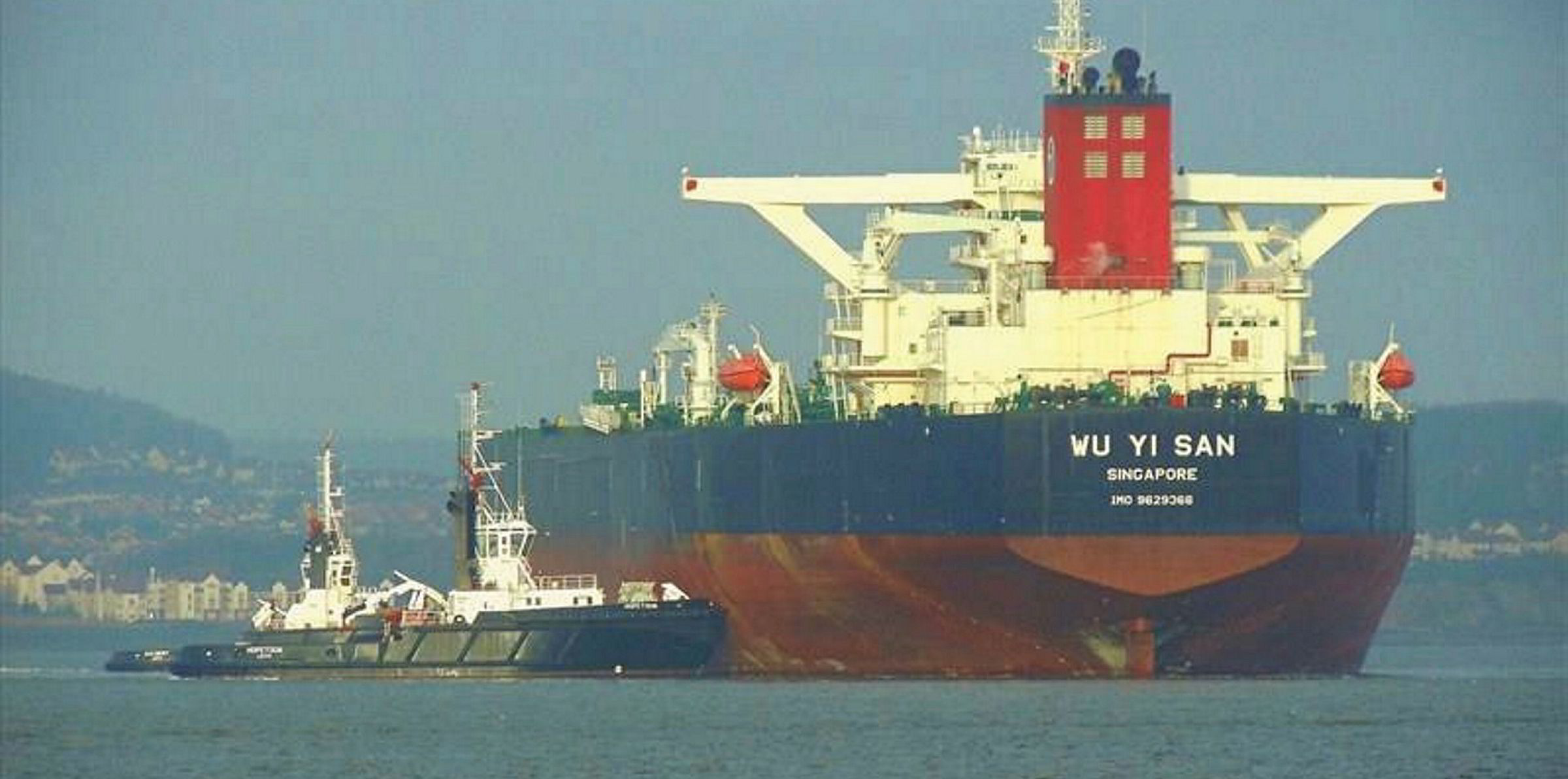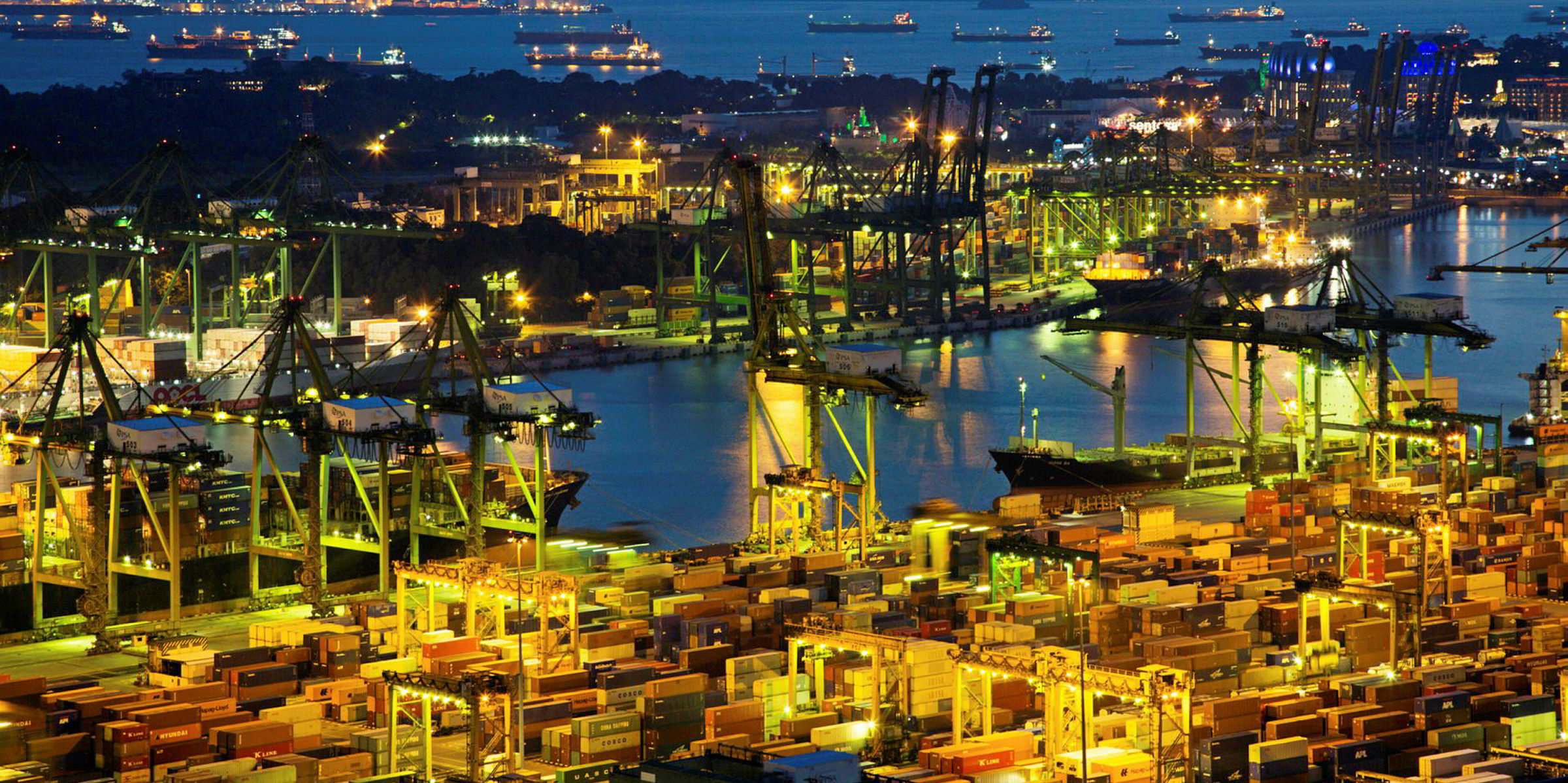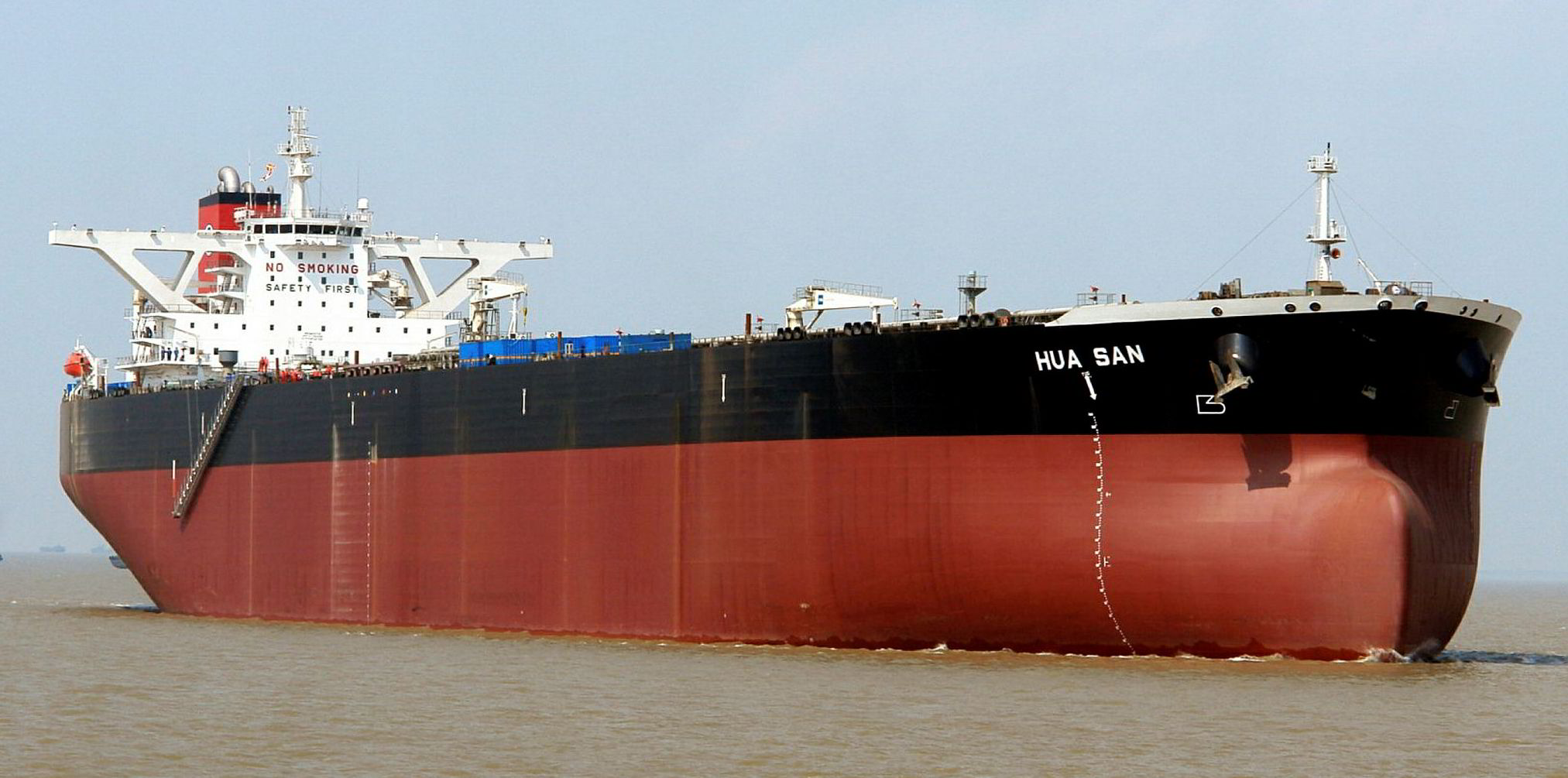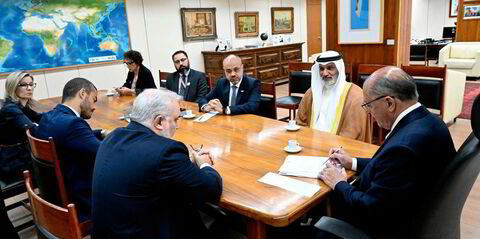Gunvor chief executive Torbjorn Tornqvist has tried to distance global traders from the scandals that have rocked Singapore players — and blamed their woes on the country's loose lending practices.
He said the fallout from a series of company failures embodied by the collapse of Hin Leong Group was concerning because it risked blackening the reputation of the sector as a whole.
"The sheer size of the failures is surprising — it's a concern that the banks are taking so many hits from the sector," Tornqvist told the Financial Times.
"But this is a Singapore problem. One needs to differentiate between the local companies and the international traders like us."
Hin Leong collapsed under almost $4bn of debt after founder Lim Oon Kuin admitted in a court filing to hiding $800m losses from lenders, which include HSBC, ABN Amro and Singaporean banks DBS Group and OCBC.
Its subsidiary Ocean Tankers applied to a Singapore court for protection from creditors, as it was facing arrest writs against some of its tankers over claims of misdelivered cargoes that could total $600m.
Tornqvist said small traders had received too much financing because of "a combination of competition and excess banking liquidity in the Singapore market" that he said had led to a "spiralling cycle of loosely structured credit facilities".
No repeat at global groups
He added: "The industry can’t afford a problem like this at a big international trader."
Relatively cheap finance is needed at short notice for traders to fund the $100m cost of moving a VLCC cargo, for example.
Wafer-thin margins mean traders need large volumes. They have been courted by Singapore with low corporate tax rates and other benefits.
Switzerland's Trafigura shifted its legal headquarters to Singapore eight years ago. Gunvor, Vitol, Glencore and Mercuria all have significant operations there.
Trafigura chief executive Jeremy Weir last month defended commodities trading firms in the wake of the Singapore scandals. He said calls for tighter regulation of the sector were “off target”.
Weir said the sector had come under increasing attention after the difficulties experienced in April by what he described as some “smaller trading firms” in Singapore.
He said these resulted from "weak hedging policies" and "speculative trading positions", not from physical trade.
The authorities were "right to have adopted a calm and measured approach" to these firms’ failure, Weir added, emphasising the "importance, resilience and diversity" of Singapore as a physical trading hub.
He said the model of the global commodity trading firms was "quite different" from that of localised operators.
Smaller commodity traders such as Agritrade Resources, Hontop Energy and ZenRock Commodities Trading have also run into financial difficulties.







